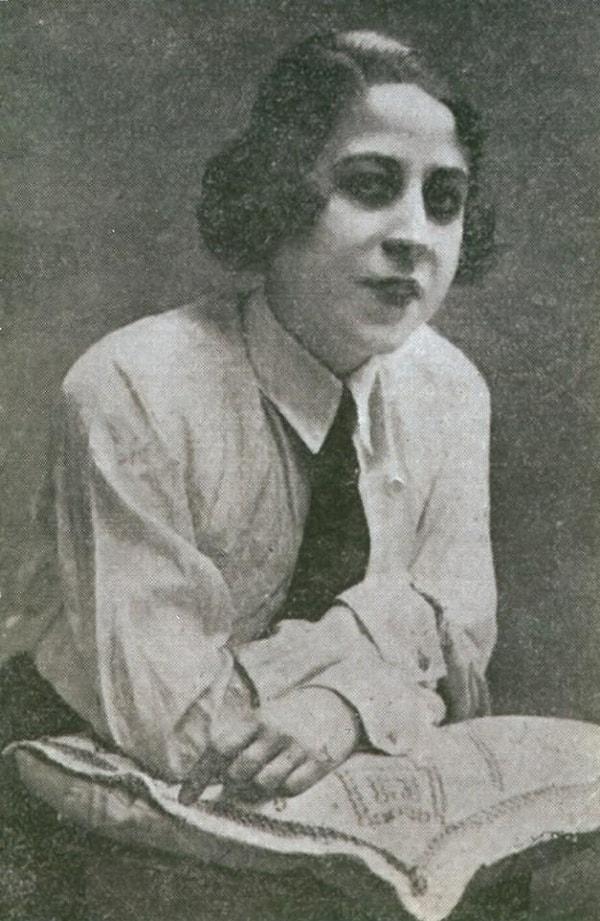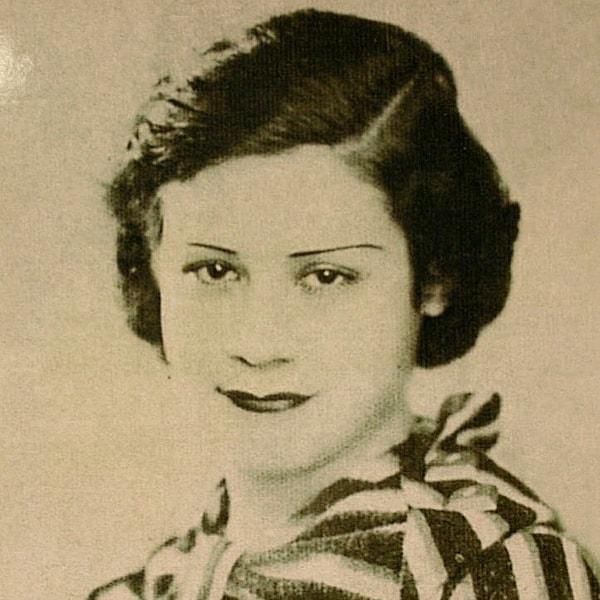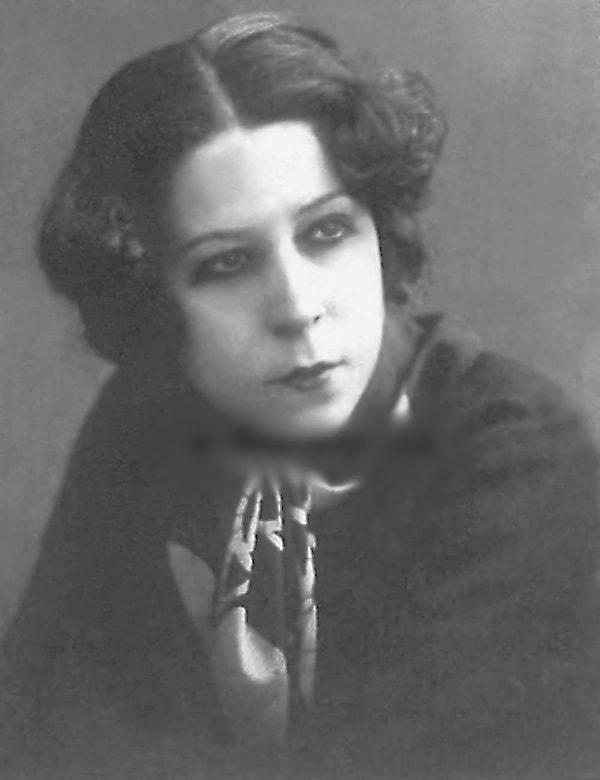Afife Jale: Pioneering Spirit of Turkish Theatre
Afife Jale, an icon of defiance and courage, was a Turkish theatre artist who broke the shackles of societal norms and paved the way for countless women in the performing arts. Her story, a blend of struggle, strength, and unrelenting passion, has become a cornerstone in the history of Turkish theatre.
Afife Jale: Unveiling the Stage - The Audacious Journey of Turkey's First Muslim Actress

Born in 1902 during the last gasps of the Ottoman Empire, Jale’s life was an extraordinary one. Long before the women’s rights movement gained momentum, Jale dared to challenge societal norms. Her journey as the first Muslim woman stage actress in Turkey was fraught with obstacles. It was a time when Ottoman law forbade Muslim women from performing on stage. Yet, Jale braved these challenges, setting a precedent for future generations of Turkish actresses.
Afife Jale's love for theatre was ignited in her early life. She joined the Istanbul City Theatre, an audacious decision that would transform her life forever. Her first appearance on stage was in the play “Yamalar” (Patches). Her performance left the audience mesmerized, but it also alerted authorities to her breaking the law.
The recognition brought her fame and simultaneously danger, as she often faced police intervention due to the imperial edict. These challenges led her to adopt various pseudonyms like “Aysel,” “Pervin,” and “Dinorah,” but none could veil her talent or quench her thirst for theatre.
Unstoppable Spirit: Afife Jale's Triumph and Tribulation on the Turkish Stage

The recognition brought her fame and simultaneously danger, as she often faced police intervention due to the imperial edict. These challenges led her to adopt various pseudonyms like “Aysel,” “Pervin,” and “Dinorah,” but none could veil her talent or quench her thirst for theatre.
In 1923, Jale performed in 'The Clerk,' a play by the renowned British playwright George Bernard Shaw. Her acting in the play was both her biggest triumph and greatest downfall. It drew the attention of the authorities and resulted in her arrest for breaking the Ottoman law prohibiting Muslim women from acting. However, her resolve was not broken.
Jale's story is one marked by struggle and determination. Her professional life was riddled with controversies, and her personal life was equally tumultuous. Yet, through it all, her passion for theatre remained unflinching.
Afife Jale: The Everlasting Echo - Inspiring Generations in the World of Theatre

However, the legacy of Afife Jale lives on. Her story remains an inspiration for all artists, especially women in Turkey and beyond. Despite the adversities, she had the audacity to challenge the societal constraints and become a torchbearer for women in the world of theatre.
Afife Jale is not just a name, but a symbol of defiance and courage, a testament to the power of dreams, and an exemplar of the indomitable human spirit. Her legacy transcends beyond her life and continues to influence Turkish theatre even today. In recognition of her contributions, the Turkish Ministry of Culture and Tourism established the Afife Theatre Awards in 1997, ensuring her name would remain intertwined with the art form she so deeply cherished.
In the end, Afife Jale’s life story is not just a tale of individual courage, but a chapter in the long history of women’s struggle for equality and freedom. She serves as a reminder that true passion cannot be curtailed, and her legacy continues to inspire generations of artists and dreamers.
Keşfet ile ziyaret ettiğin tüm kategorileri tek akışta gör!

Send Comment